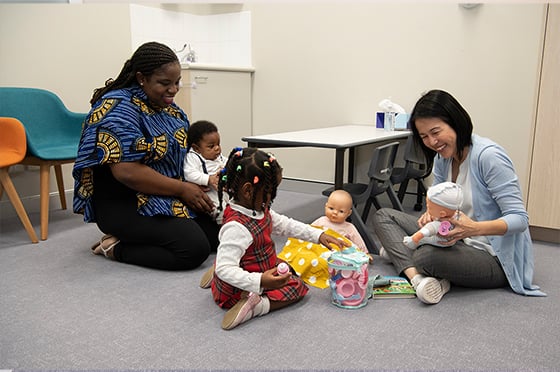Search

News & Events
Recruitment for AdDIT now completeYoung people diagnosed with Type 1 Diabetes are at risk of complications from their diabetes including kidney, heart, eye and vascular disease.

News & Events
WA teenager with type 1 diabetes on a mission to become a pro-cyclistA wiry tall teenager, who was struggling somewhat with his blood glucose control, he turned up on his trusty bike, and we had something in common to talk about.

T1D can be a traumatic diagnosis for children and young people, and often involves strict adherence to painful treatments, comorbid mental health conditions, and shortened life expectancy.

Time to reflect After your leadership team has completed an activity it is important to take time to reflect on how it went and things you may have

Cybersafe practices are precautions we can take to make sure our interactions online are safe and positive. Download the "My Online Status" in the

The Health Promotion and Education Research Team at The Kids Research Institute Australia received funding from the auDA Foundation to develop this

The END RHD CRE focuses priority research projects that will help achieve the singular target of producing the Endgame Strategy.

News & Events
Carol's story: losing a parent to RHDAfter being diagnosed with rheumatic heart disease at ten, Elizabeth had to leave country and her family for a large chunk of her childhood so she could be treated in Adelaide.


Find out more about Psychology services at CliniKids.
